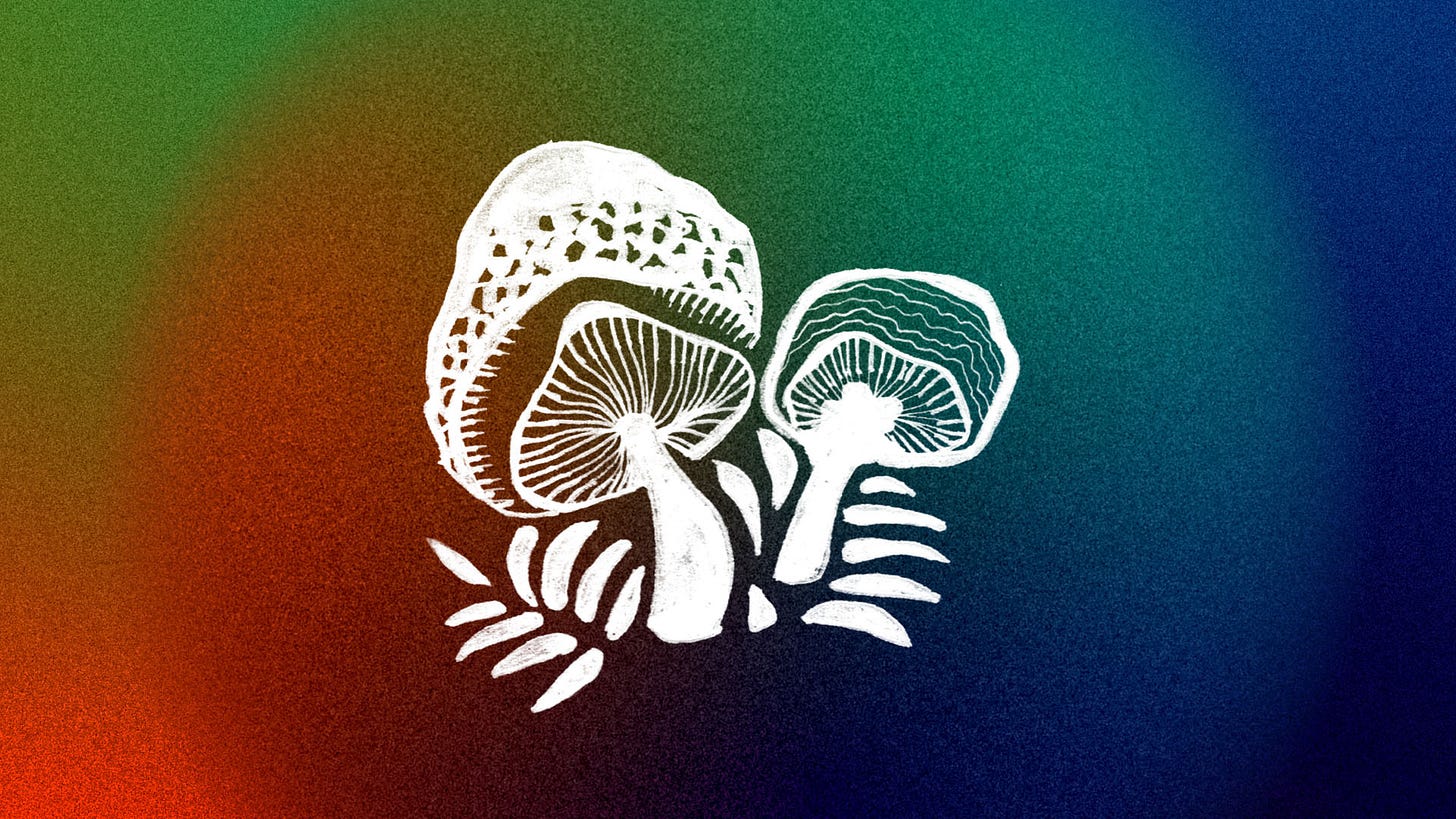How can joy grow out of suffering?
Introducing 'Notes on Death, Poverty and Nothingness' — exploring the writings of St Paul of the Cross.
This latest Passio missive features David Benjamin Blower.
On Death, Poverty & Nothingness
Reading the Letters of St Paul of the Cross is a paradoxical experience. The subject matter would seem to be consistently morose, but the effect of wandering through his reflections is to enter a strange spell of lightness.
I don’t mean that he does a good job of making difficult subject matter as digestible as possible. I mean to say that his reflections—which are chiefly concerned with a gruesome political execution, social deprivation and existential nothingness—evoke a kind of peaceful cheer that is very hard to explain. The paradox would seem perverse, but the experience doesn’t feel that way. It feels like walking through a quiet and beautiful garden, to me at least.
St Paul of the Cross was the founder of the Passionists, a Catholic order formed around a particular devotion to the passion: the crucifixion of that Jewish peasant Messiah of time ago. The order was formed in the 1700’s in Italy. It was the age of wigs and empires, slavery and piracy, enlightenment and capitalism. Paul formed a community who lived in poverty and prayer. They worked providing nursing care and preached always toward the crucifixion.
I, the reader, am not a Catholic, nor do I know very much about Catholic orders, so I've come in somewhat cold. St Paul's reflections have been described to me as “sentimental” a number of times, and I can see why people say so. Even so, it's the paradox that strikes me. This is what I'm interested in thinking about here. How can a person who thinks continually about death, poverty and nothingness, cheerfully flutter in and out of the window like a robin? How can joyousness exist, not in spite of suffering, but as though it were growing out of it quite naturally?
I first encountered the Passionists when I interviewed the priest Martin Newell. We had to hold the arrangement lightly, because he was expecting a court summons at any point for numerous acts of civil disobedience against the fossil fuel industry and the arms trade. At the time he was living in Birmingham in a house he shared with a number of asylum seekers.
Who can afford to not think about death, poverty and nothingness today? One in five people in the UK are living in poverty. The global wildlife population has plummeted by more than 50% since 1970. Our taxes are dropping bombs on Gaza. Perhaps there has never been a time to not think about death and poverty, but if there has, it's not today.
And even so, joy is a necessary gift. Not just joy in spite of suffering, but out of it. This is the secret I want to dwell on in the writings and the practice of St Paul, and in thoughts from elsewhere. This will be the subject of the posts that follow On Death, Poverty and Nothingness.
David Benjamin Blower is a writer, poet, musician, theologian, and podcaster. @davidbenjaminblower
Passio Magazine #13 — out now!
Pick up a copy of our print edition PASSIO, at our shop. In it, we capture stories and reflections on Passionist life, from the back-streets of Belfast to the dust-ridden Via Francigena. Strictly limited edition, so grab one while you can!
Our few remaining back-issues of #11 and #12 are also on sale: 50% off this week if you use the coupon code 'PASSIONISTLIFE'.







